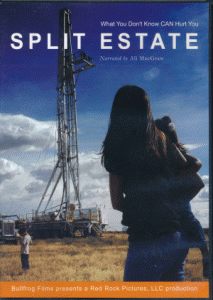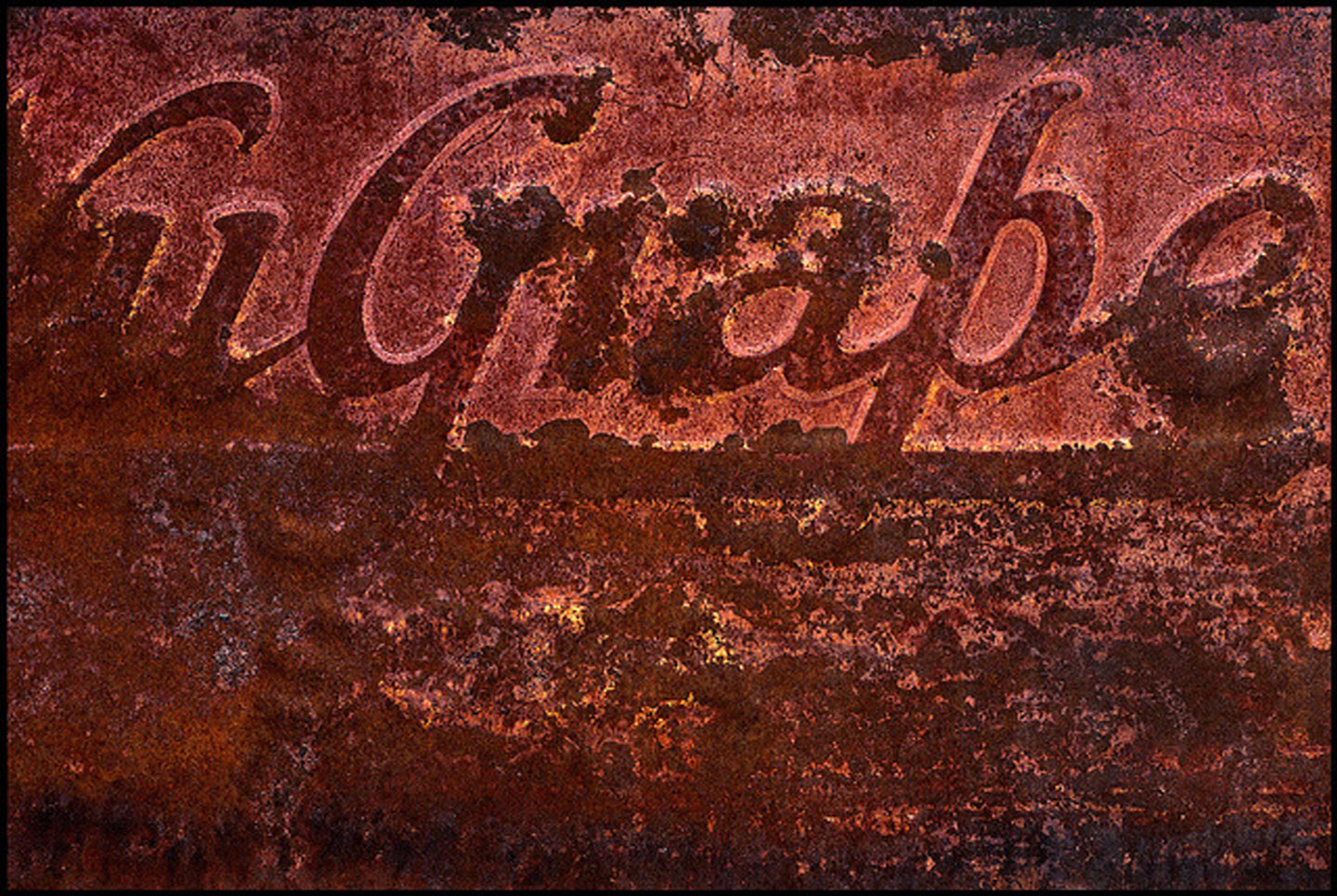by Charles Carreon
March 15, 2016
Oregon v. Huberty
In around 1998, I represented a retired airman named Don Huberty in People v. State of Oregon v. Huberty against a charge of Second Degree Trespass in probably the longest trespass trial in Josephine County history: three days. It took so long because Don’s defense against his refusal to leave the County offices was because he was exercising his right to free speech. As a well-known disputant with the Commissioners, his contention was credible, and Judge Mackey sent the case to the jury. Despite my fiery oratory and citation to the Oregon Revised Statutes that gave my client the right to be found innocent if his trespass was for reasons of free speech, the jury convicted Don. I don’t recall any punishment being imposed by Judge Mackey, who thought it was all a hoot, and the whole thing became part of history.
Free Speech Defense to Trespass on Public Property
Currently, the Oregon criminal law of trespass provides, in relevant part:
a police officer or authorized employee may exclude any person who violates any applicable provision of the rules of conduct in any place subject to this chapter. Nothing in this section shall be construed to authorize the exclusion of any person lawfully exercising free speech rights or other rights protected by the Oregon or U.S. Constitution. However, a person engaged in such protected activity who commits acts that are not protected, but that violate applicable provisions of law or rules of conduct, shall be subject to exclusion as provided by this chapter.
So, the question is “Can someone act up on public property?”
The answer is clearly “YES.”
Right to First Amendment Activity On Private Property
What about private property? Even private property doesn’t give the absolute right to exclude, as the US Supreme Court held in Marsh v. Alabama, the case where the Jehovah’s Witnesses won the right to distribute religious literature in a company town. The opinion of Justice Black, the great Constitutionalist, was concurred in by Justice Frankfurter, and is a little roundabout in expressing the sentiment, but the bottom line is, the right to exclude others from your private property may end where the 1st Amendment right of the JW’s to proselytize their religion begins:
Our question then narrows down to this: Can those people who live in or come to Chickasaw be denied freedom of press and religion simply because a single company has legal title to all the town? … We do not agree that the corporation’s property interests settle the question.
Before the Marsh case, there was Martin v. City of Struthers, where Black told governments not to be gatekeepers of ideas:
For centuries it has been a common practice in this and other countries for persons not specifically invited to go from home to home and knock on doors or ring doorbells to communicate ideas to the occupants or to invite them to political, religious, or other kinds of public meetings. Whether such visiting shall be permitted has in general been deemed to depend upon the will of the individual master of each household, and not upon the determination of the community. In the instant case, the City of Struthers, Ohio, has attempted to make this decision for all its inhabitants.
When an opinion starts like that, you know where the City of Struthers is going: down.
Private Property Ain’t What You Think It Is: Mineral Rights
Wring your hands and bemoan your fate as an Americano, because private property, even real estate, is not the citadel you thought it was. It is a porous castle. It’s kind of like fracking, when you think about it. You own your land, and enjoy it without interference. A trespasser shows up, and you run him off. But one day you get a letter from a lawyer, and a month later, a drill rig shows up because you don’t own the mineral rights. Watch these little movies about it if you don’t believe it.
Bundle of Rights Theory: Constitutional Limits on the Right to Exclude
How the heck that can be the case? Your property is just a bundle of rights, and the right to exclude others has limits. You can’t exclude the owners of mineral rights, or the owners of an easement for ingress and egress. And you can’t exclude “protesters” from a “public event,” because by holding a “public event,” you have created a “public forum” that is subject to First Amendment rules.
However much it may seem to defy “common sense,” if there is such a thing, Trump does not have the right to control all speech in a rented hall, open to the public, as a national candidate for public office, presenting political ideas. He is speaking in a public forum, from a 1st Amendment perspective. So as to avoid burdening this post with more legal prose, I will just let you click the link to this article entitled “Fair Trespass” from the Columbia Law Review, that summarizes the important case law after introducing the topic in this fashion:
“[L]andowners who open their land to the public consequently face wide-ranging restrictions on the right to exclude that follow from state and federal constitutional protections of fundamental rights, such as (but not limited to) discrimination, equal protection, and free speech.”
How To Control Speech on Your Property: Don’t Hold a Public Event
Don’t want to do that to your property? Don’t hold a public event. Hold one of those private parties with $50K/plate dinners. Then all you have to worry about is the child of some closet liberal taking an iPhone video of you when you start spewing self-convicting Romneyisms.


